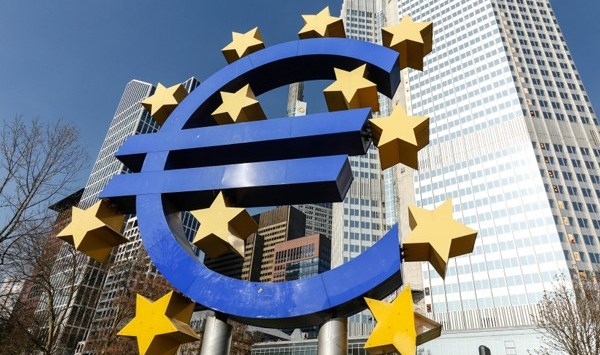

Members of the Australian business community has welcomed a move by the federal government to commence formal negotiations for a free trade agreement with the European Union, saying such a deal will help Australian business remain competitive on the global stage.
Prime Minister Malcolm Turnbull is currently in Turkey for the G20 summit and met with the EU leadership on Sunday to secure a timeline for the trade negotiations, reports The Guardian.
Formal negotiations will commence in 2017, with the EU leadership informing Turnbull it may take some time to complete groundwork with individual EU members.
“It is a very important step for us to have an FTA with Europe, This is the first substantive step and it is very important,”” Turnbull said, addressing Donald Tusk, the European council president, and Jean-Claude Juncker, president of the European commission.
Innes Willox, chief executive of the Australian Industry Group, said yesterday Europe remains an important trading region for Australian businesses.
“The EU bloc represents our second largest trading partner with two-way trade exceeding $80 billion, more than 12%of our total trade,” Willox said.
“Issues such as behind the border barriers and high tariffs and quotas are currently preventing Australian exporters from expanding into these markets and these EU-Australia FTA negotiations will be another opportunity to break down those roadblocks to trade.”
Bryan Clark, director of trade and international affairs at the Australian Chamber of Commerce and Industry, told SmartCompany this morning the talks with the EU are in their early stages but both parties are continuing to show interest in working towards a deal.
Clark says as a group, European Union member countries represent one of Australia’s major trading partners.
“Anything that strengthens the ties and eases the trade arrangements can only be a good thing,” he says.
Clark says the Australian Chamber encourages the federal government to continue the talks, which will likely continue for a lengthy period of time.
However, he says given Australia and the EU has other trade agreements in place, there may be some precedents that could help the process along.
Tim Harcourt, professor of economics at the University of New South Wales, also told SmartCompany European markets continue to rank highly among Australian businesses that want to expand globally.
In particular, Harcourt says businesses in the food and beverage, agricultural and resources sector see Europe as a top export destination.
“It’s been a bit of a closed shop in terms of the agricultural subsidies,” Harcourt says, adding that a potential free trade deal will likely address those barriers to trade.
“It would be better for the world’s agriculture [and] better for European consumers.”
But Harcourt says there is also “potential” for Australian-service based businesses to increase trade to Europe and says foreign investment into Australia continues to flow from the EU.
“Europeans have been great investors in Australia,” he says.


COMMENTS
SmartCompany is committed to hosting lively discussions. Help us keep the conversation useful, interesting and welcoming. We aim to publish comments quickly in the interest of promoting robust conversation, but we’re a small team and we deploy filters to protect against legal risk. Occasionally your comment may be held up while it is being reviewed, but we’re working as fast as we can to keep the conversation rolling.
The SmartCompany comment section is members-only content. Please subscribe to leave a comment.
The SmartCompany comment section is members-only content. Please login to leave a comment.